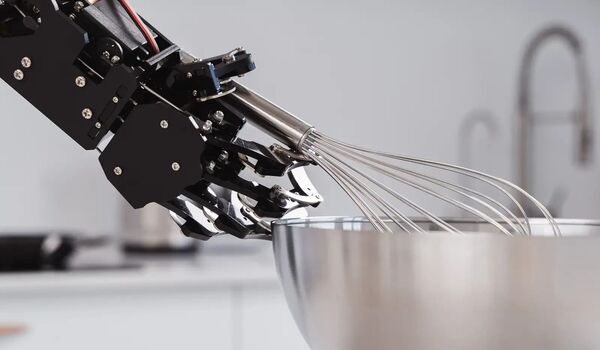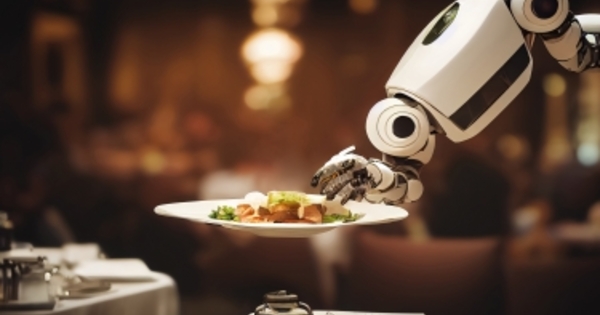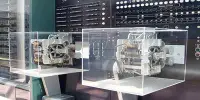According to a study conducted by Washington State University, using more robots to address labor gaps in the hospitality business may backfire and cause more human workers to quit.
The study, which included more than 620 hotel and food service employees, discovered that “robot-phobia”—specifically, the concern that robots and technology may displace human jobs—increased workers’ job instability and stress, leading to greater intents to leave. Employees with real-world experience dealing with robotic technologies felt the impact more strongly. It affected both management and frontline workers. The results were published in the International Journal of Contemporary Hospitality Management.
“The turnover rate in the hospitality industry ranks among the highest across all non-farm sectors, so this is an issue that companies need to take seriously,” said lead author Bamboo Chen, a hospitality researcher in WSU’s Carson College of Business. “The findings seem to be consistent across sectors and across both frontline employees and managers. For everyone, regardless of their position or sector, robot-phobia has a real impact.”
The findings seem to be consistent across sectors and across both frontline employees and managers. For everyone, regardless of their position or sector, robot-phobia has a real impact.
Bamboo Chen
Food service and lodging industries were hit particularly hard by the pandemic lockdowns, and many businesses are still struggling to find enough workers. For example, the accommodation workforce in April 2024 was still 9.2% below what it was in February 2020, according to U.S. Bureau of Labor Statistics. The ongoing labor shortage has inspired some employers to turn to robotic technology to fill the gap.
While past studies have focused on customers’ comfort with robots, this one looks at how the technology affected hospitality personnel. Chen and his WSU colleague Ruying Cai polled 321 lodging and 308 food service personnel from across the United States, asking them about their jobs and opinions toward robots. The poll defined “robots” broadly to encompass a wide range of robotic and automation technologies, including human-like robot servers, automated robotic arms, self-service kiosks, and tabletop gadgets.

Analyzing the survey data, the researchers found that having a higher degree of robot-phobia was connected to greater feelings of job insecurity and stress — which were then correlated with “turnover intention” or workers’ plans to leave their jobs. Those fears did not decrease with familiarity: employees who had more actual engagement with robotic technology in their daily jobs had higher fears that it would make human workers obsolete.
Perception also played a role. The employees who viewed robots as being more capable and efficient also ranked higher in turnover intention.
Chen believes that robots and automation can be useful in augmenting service because they can perform tiresome jobs that humans do not enjoy, such as washing dishes or handling loads of hotel laundry. But the danger arises if the robotic additions lead more human workers to leave. According to the authors, this can generate a “negative-feedback-loop” that exacerbates the hospitality worker crisis.
Chen advised businesses to communicate not only the benefits of technology, but also its limitations, with a focus on the function of human workers.
“When introducing a new technology, do not focus just on how nice or efficient it will be. Instead, concentrate on how people and technology can collaborate,” he explained.
















